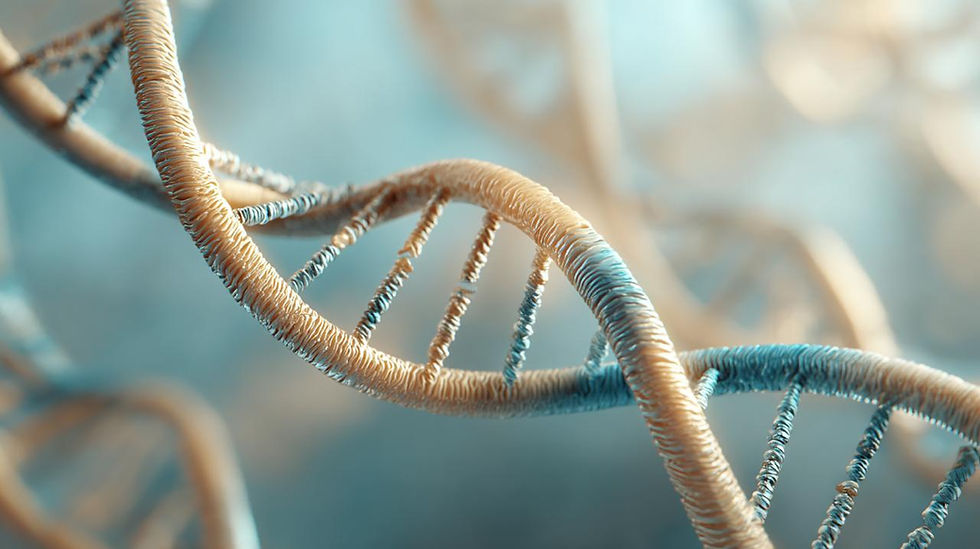

Ovarian reserve: what it is, how it is measured, and why it is important.
Discover what ovarian reserve is, how it is measured, and its impact on female fertility and motherhood, including assisted reproduction solutions.


When a new sibling arrives through assisted reproduction: A new family balance.
When a little sibling arrives after an assisted reproduction process, this revolution brings with it particular emotions, intertwining joy, memories, and some fears.


How social media influences your reproductive decisions?
Social media not only allows us to connect with friends and family, but it also exposes us to a variety of trends, opinions, and, above all, the experiences of others.






















Comments